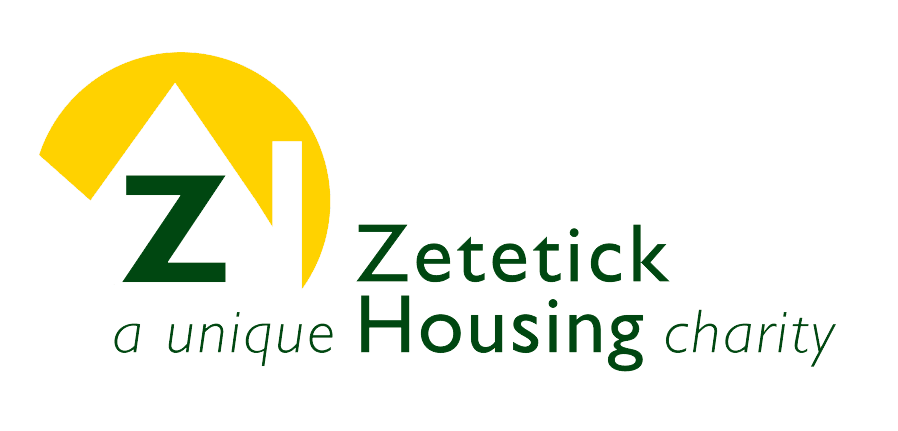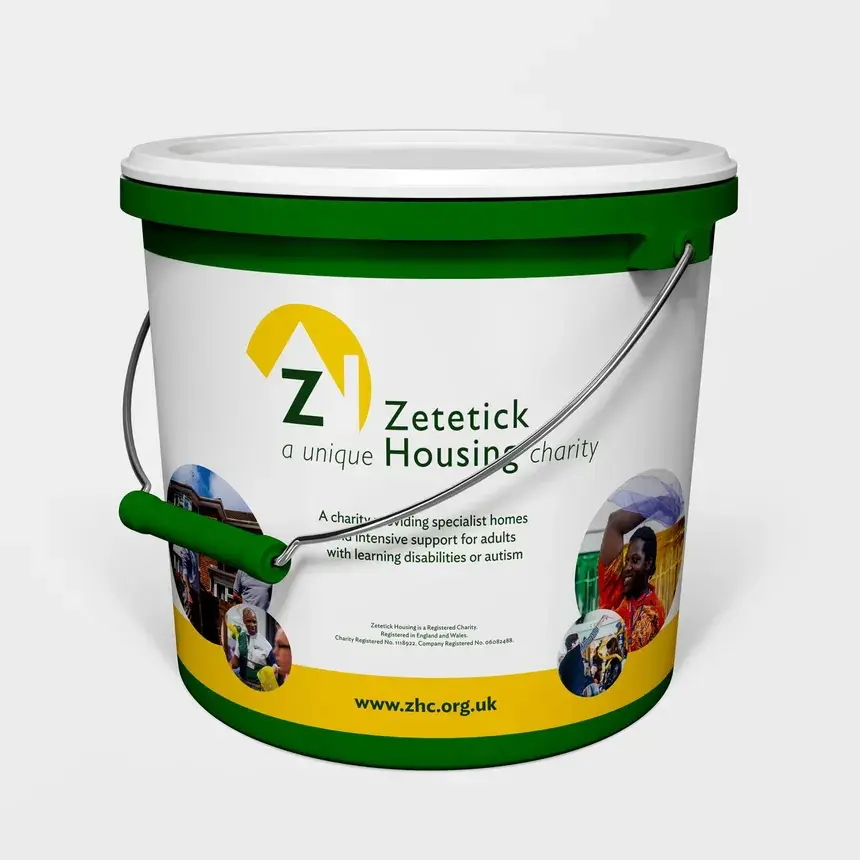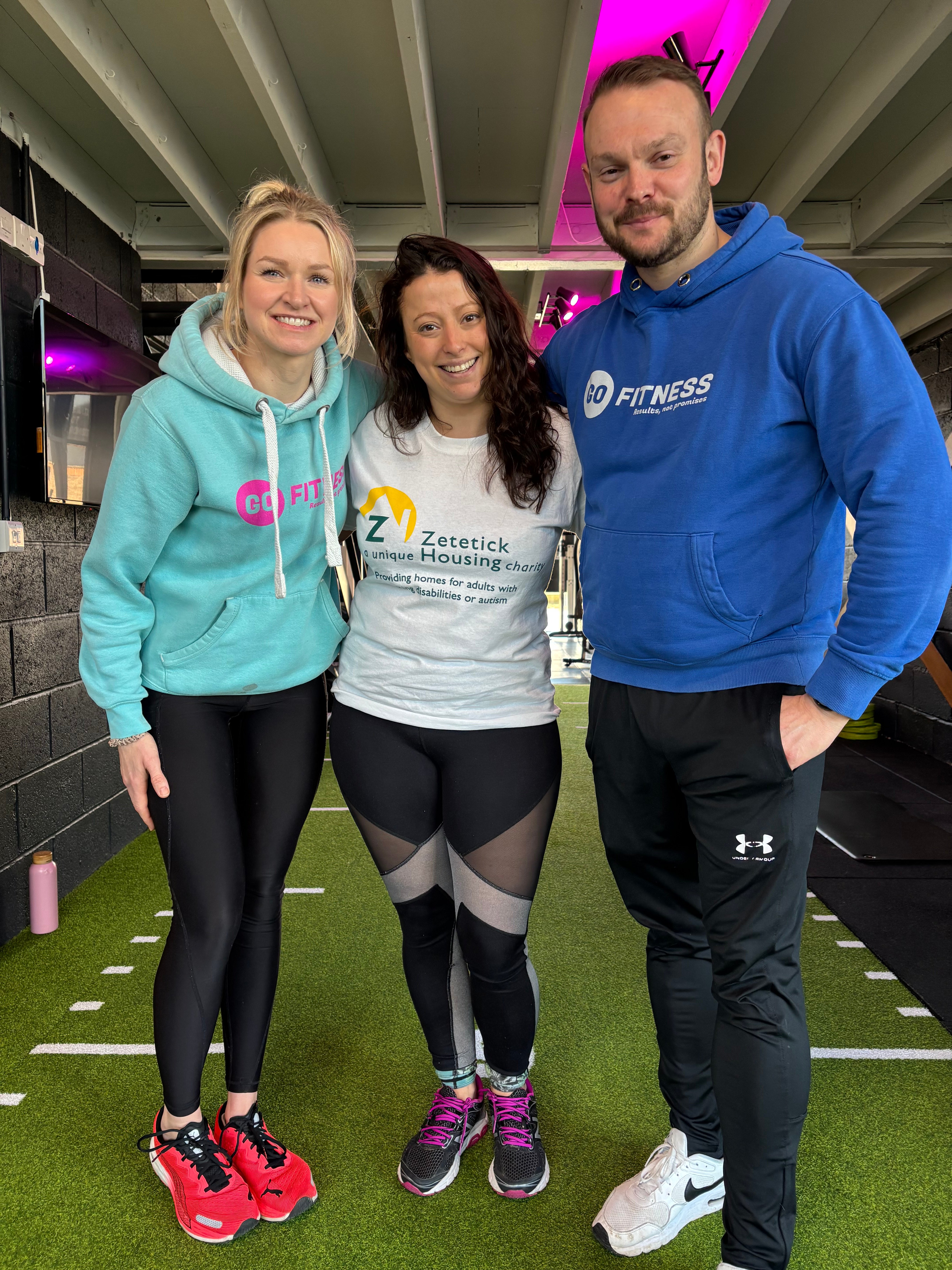Summary
Britain isn’t just broken — it’s disconnected. This article explores how social media, markets, and mistrust have reshaped our national life, and why community, care, and secure housing still hold the power to bring Britain back together.
Britain Broken?
When Power Moves Beyond Politics
Once, politics set the tone. Now, it’s algorithms. Social media companies decide what people feel before they’ve even decided what they think. They reward outrage, sell distraction, and turn community into content. The market plays its own quiet game too. Housing, healthcare, education — all turned into investments, things to trade rather than things to trust.
The result? A country overstimulated but powerless. We keep scrolling, hoping to find meaning in the feed.
When Britain Worked for Ordinary People
My first job was washing dishes. Fourteen years old. Adult wages in a union kitchen. It wasn’t glamorous, but it was honest work. I stood beside Bengalis, Greeks, Irish, and Ghanaians — people who laughed, sweated, and teased each other in a dozen accents. I learned that work gives dignity. That fairness isn’t theoretical. It’s shared in the break room.
As a younger child, I was hit by a car outside school. The NHS patched me up. Years later, at twenty-seven, I went to university — one of the last to get a full grant. Every step of my life has been held up by institutions that believed ordinary people mattered. They didn’t make life easy. They made it possible.
And now, bit by bit, we’ve let that foundation erode.
Gas prices triple. Electricity doubles. Water up by a quarter. Groceries by seventy-five per cent in some cases. Coffee that costs twenty pence to make now sells for four pounds. University means ninety thousand pounds of debt. Yet the conversation is about a new café opening on the high street — as if that were proof of life.
We talk about surface comfort because the deeper stuff feels too painful. It’s not that people don’t care. They’re just tired of caring in a system that no longer seems to listen.
The Convenient Blame
When people feel cornered, they look for someone to blame. Immigrants. Politicians. The next generation. Anyone close enough to carry the weight. But scapegoating is a way of avoiding the harder truth — that the system stopped serving most of us a long time ago.
My own family came here a few hundred years back, refugees from war and persecution in Europe. They brought hope, not wealth. Britain gave them safety, and in return, they worked and contributed. That exchange — care for opportunity — was once what made this country proud. Now it’s forgotten.
The Tax Paradox
We want hospitals, roads, schools, care. We just don’t want to pay for them. It’s as if people believe public services appear by magic. In Denmark, the opposite happens. The tax rates are high, yet so is trust. People see contribution as ownership. They pay, they receive, and they believe the system works because, largely, it does.
In Britain, trust is the missing currency.
When Community Unravels
Community isn’t nostalgia. It’s what happens when people notice each other. When that habit dies, civic life dies with it. We mistake independence for strength. We forget that loneliness isn’t freedom — it’s quiet decay.
Without trust, conspiracy grows. Without belonging, resentment takes root.
A Stable Home Is the Start of Everything
Nothing holds without a home. It’s the most basic structure of belonging. When people have somewhere safe to live, they plan, work, raise children, and connect. Without it, everything else wobbles. Sociologists have said for decades that housing stability predicts social stability. It’s still true. When homes are insecure, so are people — and insecure people stop believing in systems, in leaders, even in themselves.
Housing is not just shelter. It’s the first place trust is built.
Learning from Trust-Based Societies
Countries like Denmark and Finland didn’t stumble into stability. They built it deliberately. They taxed fairly, reinvested locally, and treated welfare as a form of democracy. When people can rely on the system, they don’t need to shout.
Britain used to know this. The welfare state wasn’t charity — it was a covenant. A shared promise that the strong would hold up the weak, because one day the weak might be them. We’ve traded that promise for suspicion and branding.
Rebuilding the Social Contract
Rebuilding starts small. It starts where people still care — in supported housing, in charities, in volunteer groups, in those who keep doing the work without waiting for applause. They are the proof that community hasn’t died.
If Britain is to recover, it won’t be through slogans or spectacle. It will be through people choosing care over convenience, responsibility over resentment. One act, one home, one community at a time.
📞 0800 03 08 009
References and Further Reading
Oxford Internet Institute (2021). Industrialised Social Media Manipulation. University of Oxford.
European Parliament (2021). Disinformation and Democracy: Risks from Social Platforms.
The Guardian (2024). How Denmark Became the World’s Most Trusting Country — and Why That Matters.
BMJ (2024). Nordic Welfare Models and Public Health Outcomes.
Ministry of Housing, Communities and Local Government (2023). Social Housing Stability and Wellbeing in the UK.
Putnam, R. (2000). Bowling Alone: The Collapse and Revival of American Community.
Wilkinson, R. and Pickett, K. (2009). The Spirit Level: Why Equality is Better for Everyone.





 Boost Your Estate Agency: Join Hike4Homes 2025-Show You Care
Boost Your Estate Agency: Join Hike4Homes 2025-Show You Care Giving: experience the joy of giving for free
Giving: experience the joy of giving for free Life partners - Rosie's story
Life partners - Rosie's story Meet Zetetick trustees - An interview with Natasha
Meet Zetetick trustees - An interview with Natasha